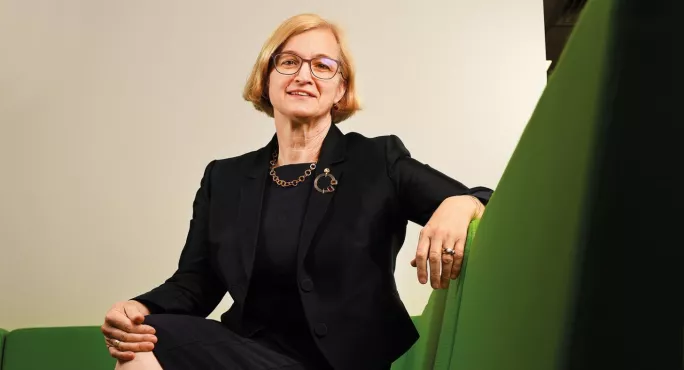This week, Ofsted shared its first insight into what its inspectors have discovered about how schools are operating this term during the Covid-19 pandemic.
And it made for some very illuminating reading.
There is interesting insight into the challenges of ensuring that remote education aligns with the school curriculum.
And a commentary from chief inspector Amanda Spielman reveals how school leaders are having to combat fake news and Covid myths on social media. But even more striking was what it left unsaid.
Covid: Ofsted finds lack of Covid-19 test is problem for schools
Ofsted: More than a third of schools see pupils being home educated amid Covid-19 safety fears
Blended learning: Remote lessons, not aligned with curriculum, Ofsted finds
There are two major concerns identified in Tuesday’s Ofsted report that are not mentioned at all either in the commentary or the accompanying press release.
Firstly, that the lack of access to Covid-19 tests is a problem. Ofsted’s report finds that many leaders saw the lack of availability of Covid-19 testing in their area as a real barrier to getting - or staying - properly up and running again.
The second finding gets a much a briefer mention in the report but is no less significant. In one 14-word sentence, it says: “Schools also expressed concerns about the likelihood of Year 11 pupils being ‘exam ready’.”
Neither of these findings is surprising.
Since schools returned, the lack of access to Covid-19 tests has been a major problem forcing pupils and teachers to stay away, and one that Boris Johnson has been warned is placing schools in an impossible position.
And one of the biggest issues for school leaders and education unions right now is the need for the government to acknowledge that simply delaying exams next summer is not going to be sufficient to address the disruption that Year 11 students have already faced and continue to face.
These Ofsted findings on Covid testing and exams will make difficult reading for the government, which is facing pressure to boost testing capacity and come up with a detailed plan B on exams.
They are two of the most significant points in Ofsted’s report about the needs of schools this term.
Which raises the question of why Ms Spielman chose not to highlight them in her commentary. After all, the rationale for these new Ofsted school “visits” was to report to the government and the country on how schools are coping this term.
Ofsted could have produced a press release and commentary on Tuesday that warned that a lack of testing was challenging schools’ ability to stay fully open, and that leaders were concerned about pupils not being ready for exams.
This would have meant hard questions for the government to answer, but instead, these findings were not highlighted at all.
Ofsted chose not to comment.




